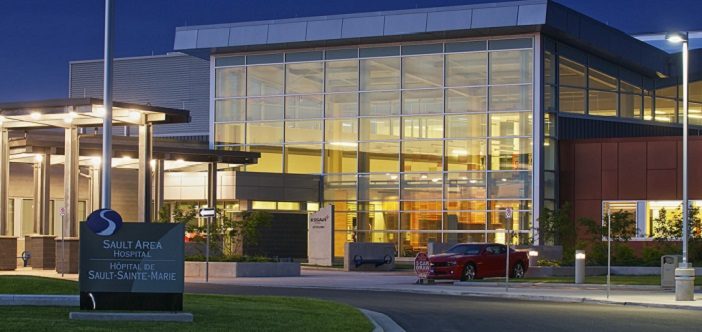They don’t do it for the accolades and they sure don’t do it for the money. Personal Support Workers handle a persons every intimate need, ensuring independence and quality of life for those in their golden or declining years. They are the strong legs and arms for those who are weak. They are the careful hands that feed, bathe and button. They are the often unrecognized members of healthcare that provide dignity and comfort to the most fragile and vulnerable in our community.
Last spring, about thirty of Sault and Area Hospital’s (SAH) Personal Support Workers (PSW) were put on notice that a transition to a “total patient care model” had rendered their role in the hospital as “surplus”. PSW’s, whose responsibilities are for the personal care of patients, were advised they would be “reassigned to suitable positions” within the hospital as they became available. At that time hospital management explained that a total patient care model provided greater consistency for the patient in terms of care and that the reduction in the number of hospital staff working with a patient meant great privacy for the patient.
Related
Sault Area Hospital Personal Support Workers Put on Alert: Waiting for the Ax
It was recently announced to hospital staff that the role of PSW will be reintroduced to SAH’s staffing complement.
Seven months ago Liz Ferguson assumed the role of vice-president of Clinical Operations and Chief Nursing Officer at SAH. When asked about the hospital’s reconsideration of PSWs Ferguson remarked, “Healthcare is very dynamic and we are constantly re-evaluating our models of care to provide safe and efficient models of care for our patients.”
Reviewing the needs of the demographic served by SAH Ferguson explained that an aging population influenced the hospitals decision to bring PSWs back onto the floor. “PSWs play an important role on our inter-professional team in providing that care,” commented Ferguson.
In addition to working with elderly patients whose care needs require greater support with daily living, such as transferring from bed to bathroom or assistance eating, PSWs will also float through the hospital and support patients experiencing various medical challenges. In the past SAH assigned PSWs to specific units.
“This isn’t about staffing units, it’s about patient need,” commented Ferguson. “So we anticipate that PSWs will be used to help in areas that are more focused on physical care plans like in rehab or complex care areas. And occasionally we have medical or surgical patients that require someone in the room with them at all times for safety reasons. And that’s when we would choose to use a PSW.”
Ferguson anticipates the job postings will be going up this month and interviewing and hiring will happen in January.
“This is a really positive thing for our patients, our community,” remarked Ferguson. “We care for our aging population and I think the key for us as an organization is that we have to continue to be responsive to the changing dynamics in healthcare-patient care needs.”



1 Comment
To no one’s surprise!
I was in hospital in June-July, and had excellent care from both the nursing staff and the PSWs.
I expressed my concerns to the unit manager when the plan was being implemented. I could not see how removing the PSWs would benefit patient care, when the nursing staff was already overworked.
I.am pleased to see their reinstatement.